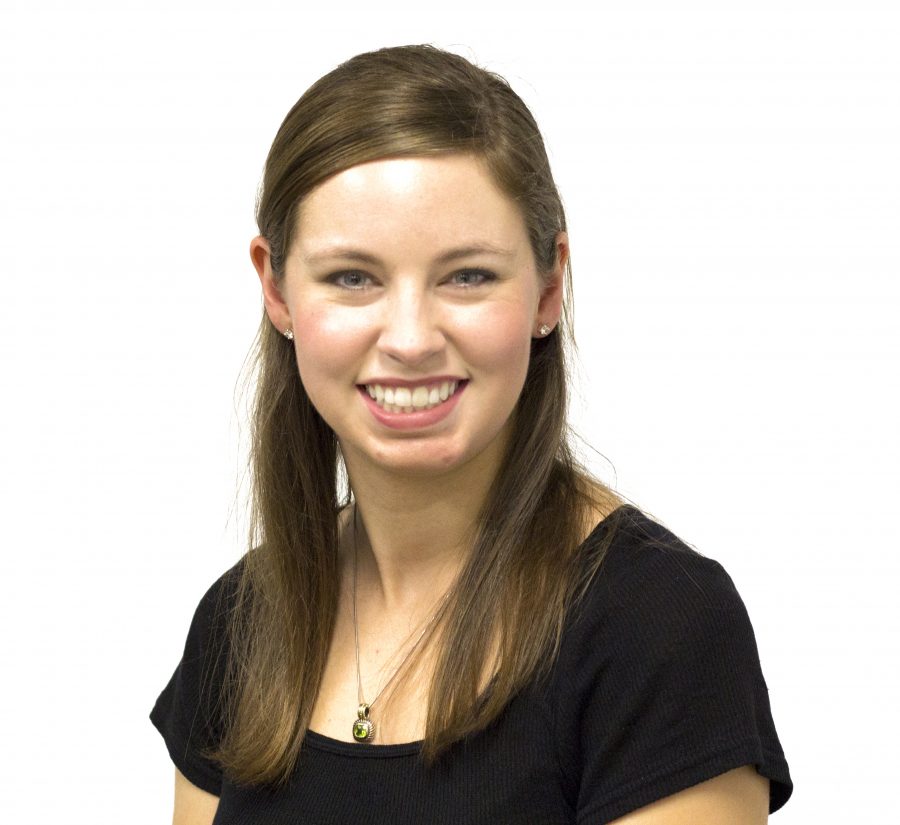 We’ve all heard the old rhyme, “An apple a day keeps the doctor away.” How many of us, though, actually eat the entire apple? For the most part, we eat the good parts and when we’re finished, throw away the core. But it’s the core of the apple that holds its seeds. It’s not only the place that the apple grows, but also from which new life can later be formed. Yet the core is considered to be leftover, useless and unimportant.
We’ve all heard the old rhyme, “An apple a day keeps the doctor away.” How many of us, though, actually eat the entire apple? For the most part, we eat the good parts and when we’re finished, throw away the core. But it’s the core of the apple that holds its seeds. It’s not only the place that the apple grows, but also from which new life can later be formed. Yet the core is considered to be leftover, useless and unimportant.
At most universities, students are required to meet the classes in a core curriculum. Here at The University of Alabama, this can vary between the academic colleges, but typically it includes classes in the major academic subjects, a fine arts class and either classes in computer science or a language. It sounds easy enough, and yet we all complain about the hassle of taking those extra classes that have “nothing to do with our major.” Too often, core classes are treated like the apple core – we push them aside as not a true part of our education rather than viewing them as the foundation for the rest of our time here.
Instead of treating the core curriculum as a burden, we should make the active choice to not just bear through them, but to actively engage in them. The foundational classes we take will help us not only in our majors, but also when we go on to take the GRE and other pesky standardized tests, when we write essays for graduate schools, and when we apply for internships, jobs and beyond. Core classes give us a more well-rounded education, one where we can discuss a variety of topics or at the very least, just do really well if we ever make it on “Jeopardy.”
But I’d like to take it one step further. The University should expand students’ options for core classes from just the basics offered now. Instead of having to take just a general art history class, leave that as an option, but also give students the option of taking an actual art, dance or music class. Give us the opportunity to take classes that are hands-on and interactive for our fine arts credit. If a student has always wanted to learn to play the guitar, let him take an introduction to guitar class to satisfy core credit. If the goal of the core curriculum is truly to allow students a well-rounded education, the University should expand its core options to be more well-rounded as well.
There should also be a health or physical education component of the core curriculum. Other universities require their students to take a physical education class at least once in their college careers. The University should implement the same policy. Students should be encouraged to take classes in tennis, basketball, rock climbing, golf, and the other classes offered by the Kinesiology department. We should also include classes about healthy eating and stress management in this core component. In doing so, the University can help students become aware of ways to eat healthily on a college budget. Teach students methods for managing stress and the real facts about how many hours of sleep are necessary to function. By giving students options for both physical activity and health education, we will have a healthier and more active student body.
The core curriculum is a crucial part of our college education. Our college years are our chance to branch out from the basic learning of high school. We are here to deepen our knowledge and learn skills we have not had the opportunity to before. Part of this education, though, needs to be in skills that we can use after graduation. By expanding the core curriculum, the University will be able to provide more options, which will not only allow students to choose the courses that are interesting to them, but also ensure a well-rounded education. If we work to provide more options for students, we can provide knowledge that will not be disregarded or thrown away. The core is truly the foundation of our education and holds the seeds for new knowledge. An expanded and well-rounded core curriculum may be just what the doctor ordered.
Mary Sellers Shaw is a junior majoring in communication studies and civic engagement. Her column runs biweekly on Tuesdays.






